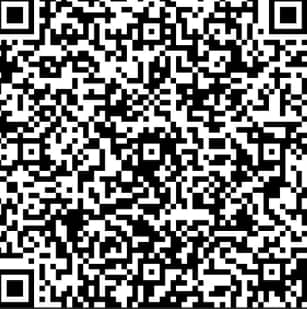










Internet Archive - Universal Access to All Knowledge
文章目录[隐藏]
Introduction to the Internet Archive
The Internet Archive, also known as archive.org, is a non-profit digital library founded by Brewster Kahle in 1996 with the mission to provide universal access to all knowledge. It serves as a "library of the internet," preserving digital content for future generations.
Website Access
Access the Internet Archive through the official website: https://archive.org/
Website Language
The primary language of the Internet Archive is English. While the platform does not explicitly support multiple languages, the content it archives may be in various languages.
Product Features
The Internet Archive offers several unique features, primarily aimed at researchers, historians, educators, and the general public interested in digital preservation and access to historical content.
- Wayback Machine: Allows users to view how web pages appeared in the past, invaluable for understanding the evolution of websites over time.
- Digitized Books: Provides access to a vast collection of digitized books, including public domain and copyrighted works, beneficial for education and research.
- Audio and Video Archives: Collects a wide range of audio and video files, offering a rich multimedia historical resource.
- Software Archives: Preserves historical software, including games, operating systems, and applications, significant for the study of computer history.
Industries and Fields
The Internet Archive spans various industries and fields, such as education, research, technology development, and cultural preservation.
Usage Scenarios
Users can search for specific web archives or browse different categories to discover content. Advanced search options are available for researchers to find materials more precisely.
Social Impact
Beyond being a repository, the Internet Archive promotes the sharing and dissemination of global knowledge, providing valuable information to those with limited access and resources for future research and education.








